7 Best AI Browsers for 2025: Smarter, Faster, More Personal
Discover the top 7 smart browsers with artificial intelligence for 2025. Learn how AI browsers like Atlas, Edge Copilot, Arc, and more are transforming web surfing, streamlining productivity, and personalizing your internet experience. Find out which AI browser is best for your needs-whether it's privacy, research, creativity, or seamless integration.
Smart browsers with artificial intelligence are redefining the way we surf the web in 2025. No longer just simple gateways to the internet, today's AI browsers analyze your queries, suggest relevant sites, summarize articles, and can even generate text via voice commands. The main keyword, AI browsers, now means instant, contextual assistance-no more manual searching, as your browser understands your needs and delivers results instantly.
Dozens of AI-powered browsers have emerged, from familiar options like Microsoft Edge with Copilot to innovative newcomers like Arc and Opera One with Aria assistants. Leveraging neural networks such as ChatGPT, Gemini, and Claude, these tools streamline search, reading, and productivity online.
In this guide, we present the top 7 best smart browsers with artificial intelligence for 2025-platforms that are changing what it means to use the internet.
What Are AI Browsers?
AI browsers represent a new generation of web tools that go beyond simply displaying websites. Unlike traditional browsers, they understand the context of your actions, analyze page content, summarize information, answer questions, translate text, create content, and help you find information without wading through dozens of links.
The key difference is the integrated AI assistant, powered by neural networks like ChatGPT, Gemini, Claude, or proprietary models. These assistants can process text, voice, and images, providing helpful responses directly within the browser window.
Modern AI browsers also offer features such as summarization, auto-translation, content recommendations, tab optimization, and even task comprehension. For example, if you're searching for tickets, the browser may suggest suitable options and compare prices automatically.
These tools are not just navigation aids-they serve as intelligent platforms for work, study, and creativity, turning every tab into an assistant rather than a distraction.
Top 7 Smart Browsers with Artificial Intelligence for 2025
-
Atlas - GPT Browser
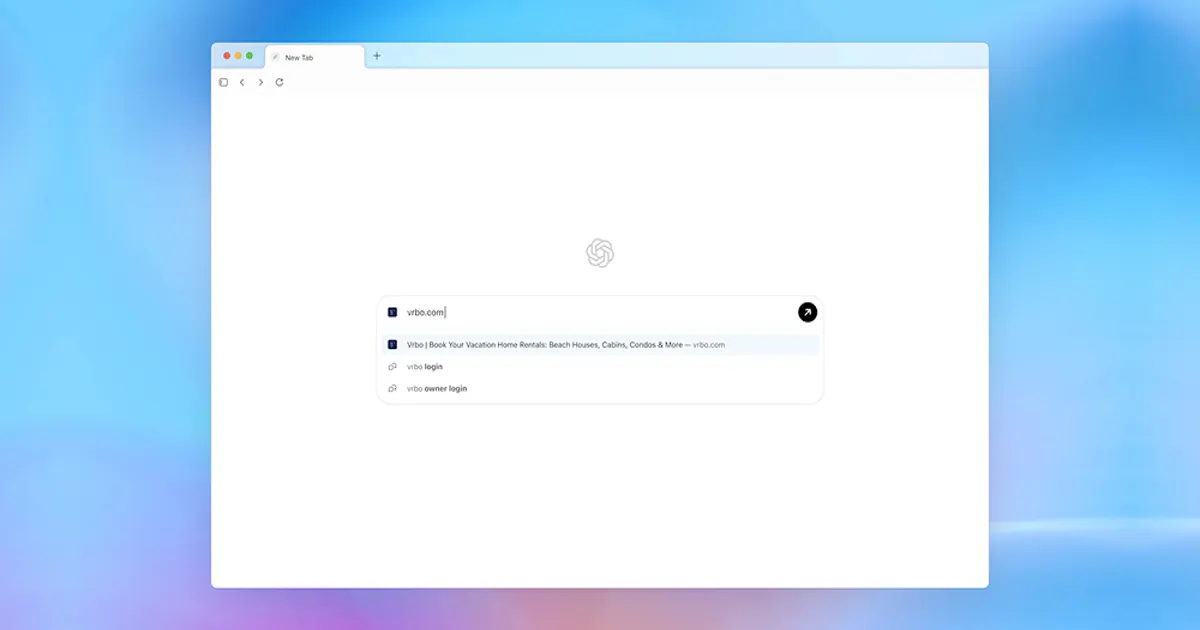
What it is: A browser with a "GPT-first" approach-the assistant is embedded directly into navigation and operates on any page.
- Inline assistant: Responds directly within the page interface, no need to jump to a sidebar.
- One-click summarization: Instantly distills lengthy articles, documents, and social media threads.
- Command actions: "Create a price table," "Compare offers," "Draft a brief from this text."
- Smart tabs & auto-grouping: Atlas recognizes context (research, shopping, education) and suggests quick workflows.
- Workspaces: Store notes and drafts alongside pages, linking them to their sources.
Best for: Content creators, researchers, students-anyone who reads extensively and makes fast decisions.
Why #1: Delivers the most "native" GPT experience-fewer interruptions, more results right within your browsing flow.
-
Microsoft Edge with Copilot
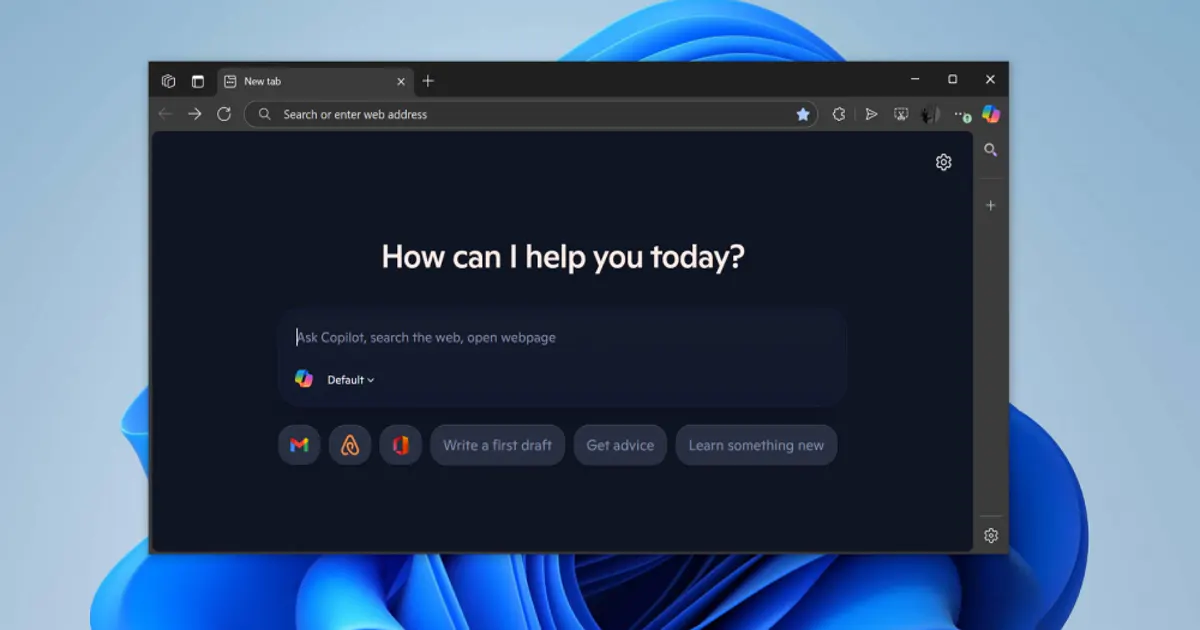
What it is: A classic Chromium browser with deep Copilot integration in Windows 11.
- Contextual suggestions and summaries of selected text.
- Works seamlessly with Microsoft 365 files: notes, emails, spreadsheets, presentations.
- Bing Image/Designer for image generation.
- Collections and Workspace for collaborative research and sharing.
Best for: Office work, study, and corporate environments reliant on documents and the Windows ecosystem.
-
Opera One with Aria Assistant
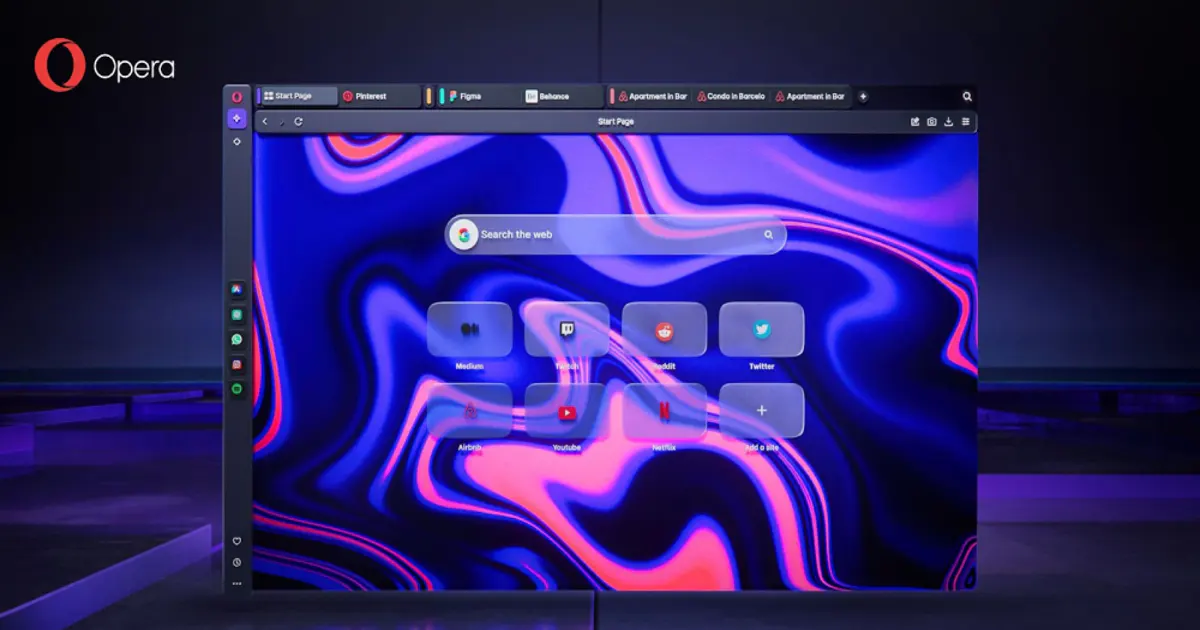
What it is: A mainstream browser featuring a built-in AI assistant in the sidebar.
- AI Prompts: Contextual suggestions overlaid on any page.
- Aria Chat + Voice: Generation, translation, explanations, and voice control.
- Media integrations: Quick "smart" actions on YouTube, social networks, and messengers.
Best for: Users who want an out-of-the-box solution with a convenient sidebar AI assistant.
-
Arc Browser (Arc Max)
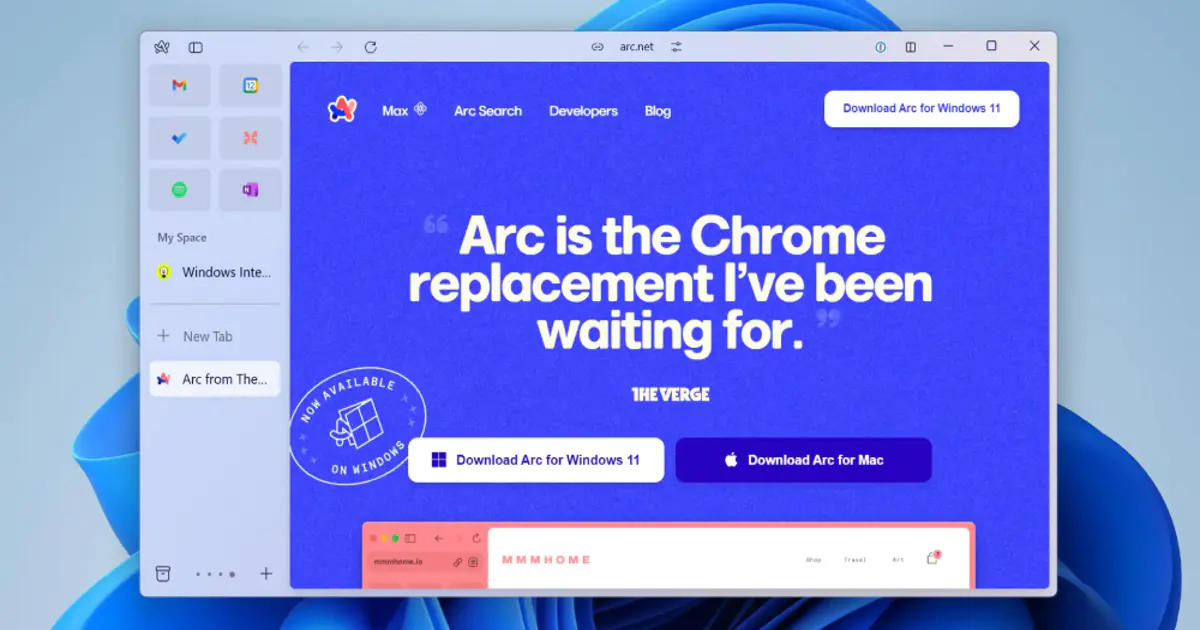
What it is: A reimagined browser-an "operating system for the web."
- Arc Max: Auto-renames tabs, provides concise link previews, and supports smart natural language commands.
- Command palette: "Make a note," "Find similar sources," "Create a task."
- Super-organization: Profiles, spaces, and picture-in-picture for research workflows.
Best for: Creators, designers, product managers, and anyone who juggles many tabs and content streams.
-
Brave with Leo
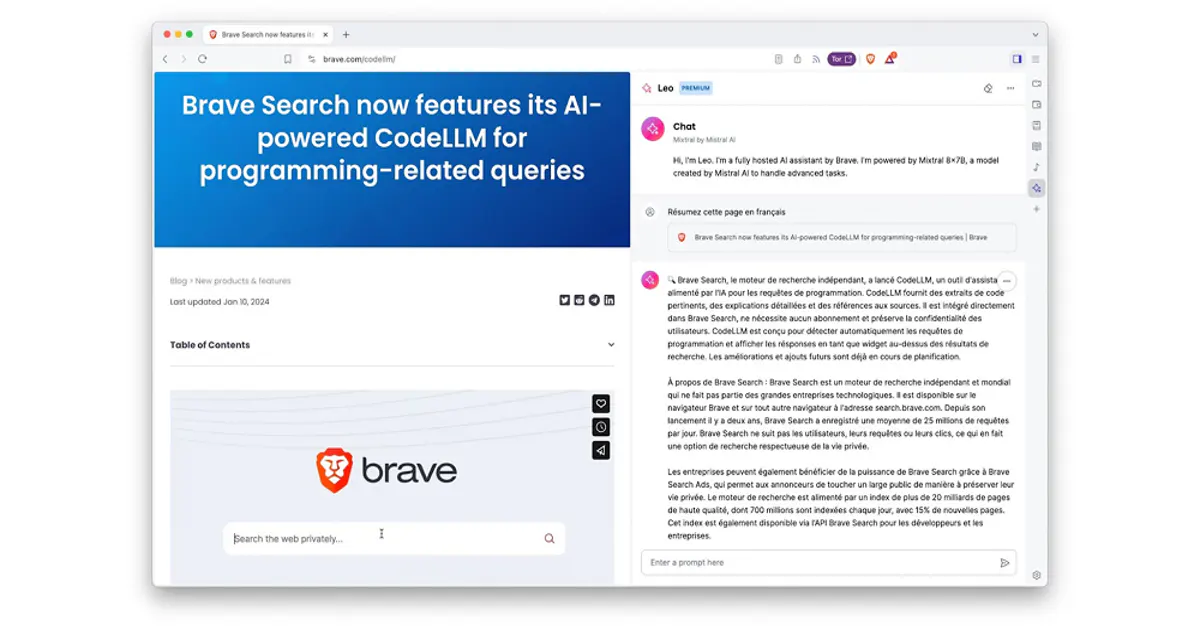
What it is: A privacy-focused browser with its own AI assistant.
- Private AI assistant: Minimizes data leaks, emphasizes local privacy.
- Summarizes and explains content without tracking, blocks ads/scripts by default.
- Voice queries and extensibility for development/learning tasks.
Best for: Users who prioritize privacy and speed above all.
-
Perplexity Browser
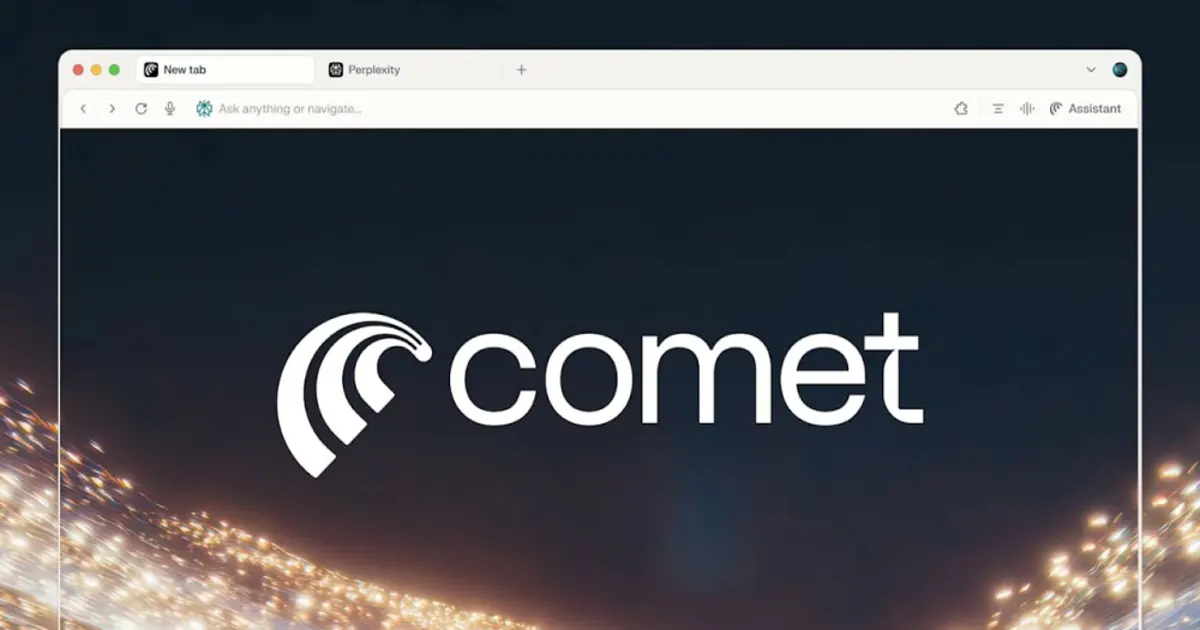
What it is: A hybrid of browser and search engine with generative answers and source citations.
- Answers instead of "10 blue links": Fast, cited fact-checks.
- Pro Mode: Cross-checking, note-taking, and saving research "threads."
- Minimalism: Less clutter, faster fact-finding.
Best for: Journalists, analysts, students-when speed and verifiability matter most.
-
Google Chrome with Gemini
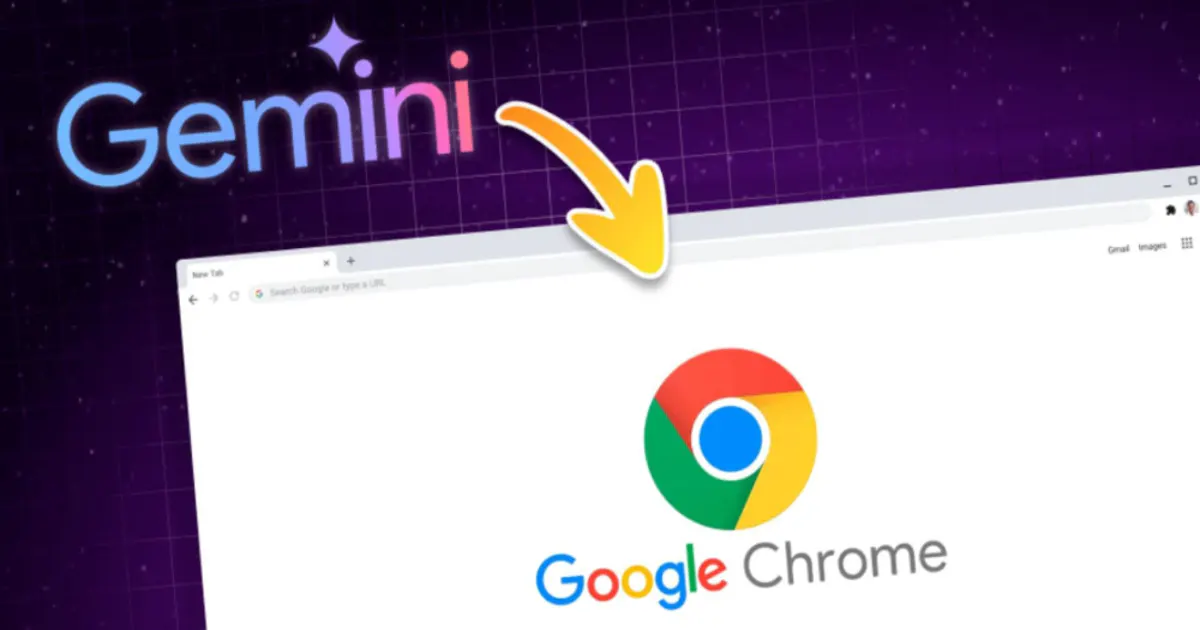
What it is: The market leader with ever-deeper AI integration.
- Smart Summary and intelligent actions across webpages and Google Docs.
- Voice search and seamless Google ecosystem integration (YouTube, Maps, Gmail).
- Text input assistance and web form suggestions.
Best for: Google and Android ecosystem users seeking ubiquitous AI across familiar platforms.
How to Choose the Right AI Browser for Your Needs
With the number of smart browsers growing, your choice depends on your specific needs:
- For productivity and document work: Microsoft Edge with Copilot-deeply integrated with Windows and Office, perfect for work and study.
- For the most integrated GPT experience: Atlas turns reading and research into a true AI dialogue.
- For creators, designers, and researchers: Arc Browser offers flexible tab management and powerful idea-generation tools.
- For privacy and tracker-blocking: Brave with Leo excels.
- For instant, ad-free answers: Perplexity Browser is ideal.
- For everyday use: Opera One is a versatile pick, while Chrome with Gemini suits those fully invested in Google's ecosystem.
| Task | Best Choice | Features |
|---|---|---|
| Work, Office | Edge with Copilot | Microsoft 365 integration |
| Research, Reading | Atlas | GPT in-browser interface |
| Creativity & Design | Arc | Smart tab organization |
| Privacy | Brave | Local AI, data protection |
| Study & Search | Perplexity | Verified sources |
| Universal Browser | Opera One | Simplicity and voice control |
| Google Ecosystem | Chrome | Gemini voice AI |
The Future of Smart Browsers
By 2026, AI browsers will be more than search tools-they'll become personal agents that understand your habits and goals. The main trend is contextual interaction without explicit queries: your browser will proactively suggest sources, summarize open tabs, remind you of tasks, and even help with orders.
The rise of multi-agent systems will let browsers combine multiple AI assistants-for work, study, and entertainment. Atlas and Arc are already testing adaptive modes that tailor themselves to your style.
Expect integration with VR and voice interfaces, where navigation feels natural: just say "show the latest AI news," and your browser will create a visual selection with source analysis.
All these innovations are making browsers the core of the digital ecosystem-an intelligent intermediary between you and the internet.
Conclusion
Smart browsers with artificial intelligence in 2025 have transformed web surfing into a dialogue with technology. They don't just open sites-they understand meaning, analyze content, and help you act faster.
Atlas with GPT has shown how AI can become an integral part of the interface, while solutions like Edge Copilot, Opera Aria, and Arc Max have made online work more flexible and intelligent.
Your choice now depends not on design or speed, but on which AI assistant best aligns with your goals-be it creativity, research, learning, or data protection.
One thing is clear: the era of intelligent browsers has begun, and the internet is now truly personal.